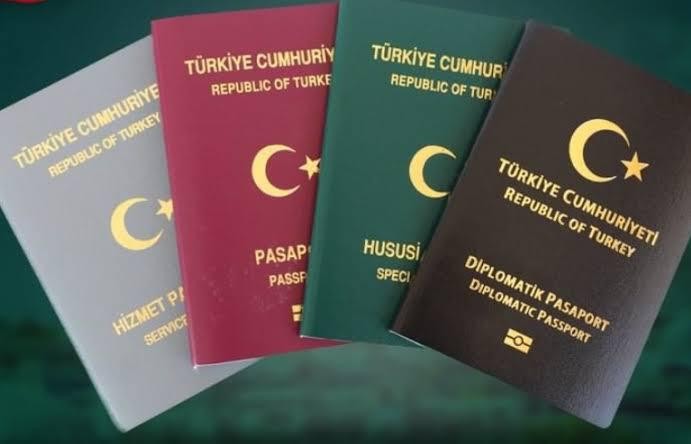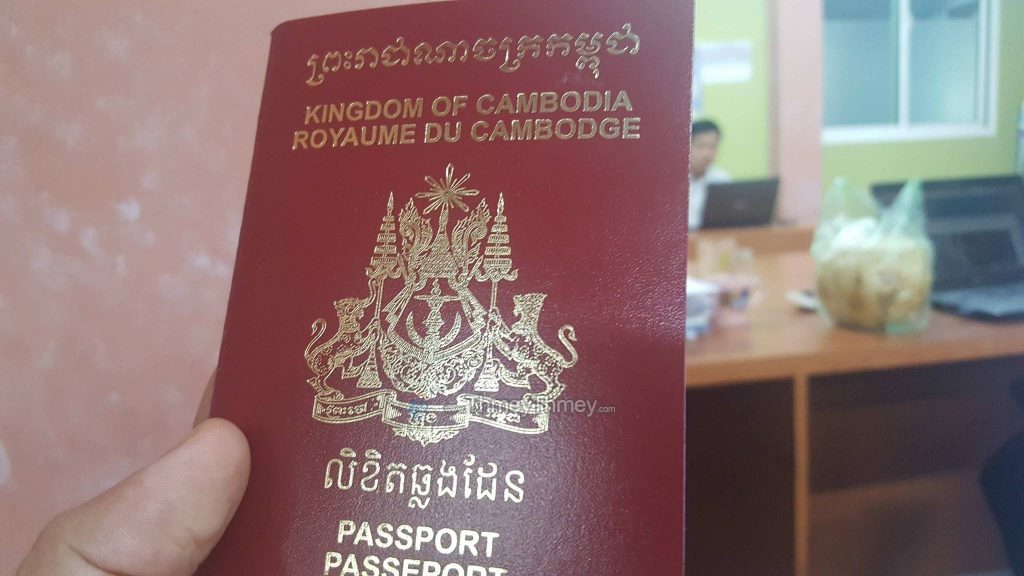Introduction:
The Indian visa policy plays a vital role in facilitating cross-border cultural exchange and strengthening international cooperation. As a graduate school student, it is essential to comprehensively analyze the intricacies of diplomatic relations and visa regulations. Thus, this essay aims to analyze the significance and implications of Indian visa for Cook Island citizens, taking into account their impact on promoting cultural understanding, fostering economic partnerships, and enhancing global ties.
Historical Background:
Since the establishment of diplomatic relations between India and Cook Islands in 1987, the two nations have fostered mutual cooperation in various fields. The Indian visa policy acts as a gateway to facilitate the exchange of ideas, knowledge, and cultural diversity, thereby enhancing bilateral relations.
Facilitating Cultural Exchange:
The Indian visa policy for Cook Island citizens serves as an important tool to promote cultural exchange. It allows Cook Islanders to immerse themselves in India’s rich history, diverse traditions, and vibrant culture. Through visa facilitation, Cook Islanders can engage in academic pursuits, participate in cultural festivals, collaborate with Indian institutions, and contribute to the global understanding of the diverse Indian society.
Economic Partnerships:
The Indian visa policy for Cook Island citizens also promotes economic partnerships between the two nations. By enabling Cook Islanders to visit India for business and trade purposes, it opens avenues for investment, technological collaboration, and exploration of potential markets. This exchange contributes to the development of local economies in both countries while fostering a deeper understanding of each other’s industries and business practices.
Enhancing Global Ties:
Visa policies serve as a channel to enhance international relations. Indian visas for Cook Island citizens signify India’s commitment to building stronger global ties based on shared values, trust, and respect. Such a policy demonstrates India’s intention to engage with Cook Islands, recognizing its significance as an important regional partner in the South Pacific.
Promoting Education and Research:
Visas provide Cook Island students with the opportunity to pursue higher education and research in India. India’s renowned academic institutions and research centers provide a wealth of knowledge in fields such as medicine INDIAN VISA FOR COMORIAN CITIZENS, engineering, technology, and social sciences. Thus, the visa policy encourages Cook Island students to benefit from India’s world-class education system, fostering intellectual growth and a deeper understanding of international perspectives.
Strengthening Tourism:
The Indian visa policy for Cook Island citizens also aims to boost tourism. By offering hassle-free visa facilitation, India becomes an attractive destination for Cook Islanders seeking to explore its rich history, diverse landscapes, and cultural heritage. This contributes to promoting a positive image of India as a tourist-friendly country, stimulating economic growth in the tourism sector.
Ensuring People-to-People Exchanges:
The visa policy encourages people-to-people exchanges, which are crucial for understanding different cultures and fostering personal connections. Cook Island citizens visiting India can engage with locals, experience their traditions, share perspectives, and build long-lasting friendships. These interactions not only promote cultural understanding but also contribute to global peace and harmony.
Contributing to Global Multiculturalism:
By welcoming Cook Island citizens, India actively contributes to the global multicultural landscape. It acknowledges the importance of building a society that reflects diverse identities, enriching individuals’ experiences by broadening their perspectives and fostering respect for cultural differences.
Diplomatic Soft Power:
The Indian visa policy for Cook Island citizens signifies India’s effective use of diplomatic soft power. Through visa facilitation, India demonstrates its commitment to inclusivity, openness, and fostering international cooperation. This approach strengthens India’s diplomatic relations, enhances its global standing, and reinforces its position as a responsible member of the international community.
Conclusion:
The Indian visa policy for Cook Island citizens plays a significant role in promoting cultural exchange, fostering economic partnerships, enhancing global ties, and encouraging collaboration in various fields. Acknowledging its importance as a graduate school student, understanding the implications of such policies is essential for comprehending the complexity and interconnectedness of today’s global relations. Moreover, recognizing the value of reciprocal visa policies as a tool for promoting international cooperation has become even more critical in an increasingly interconnected world.











